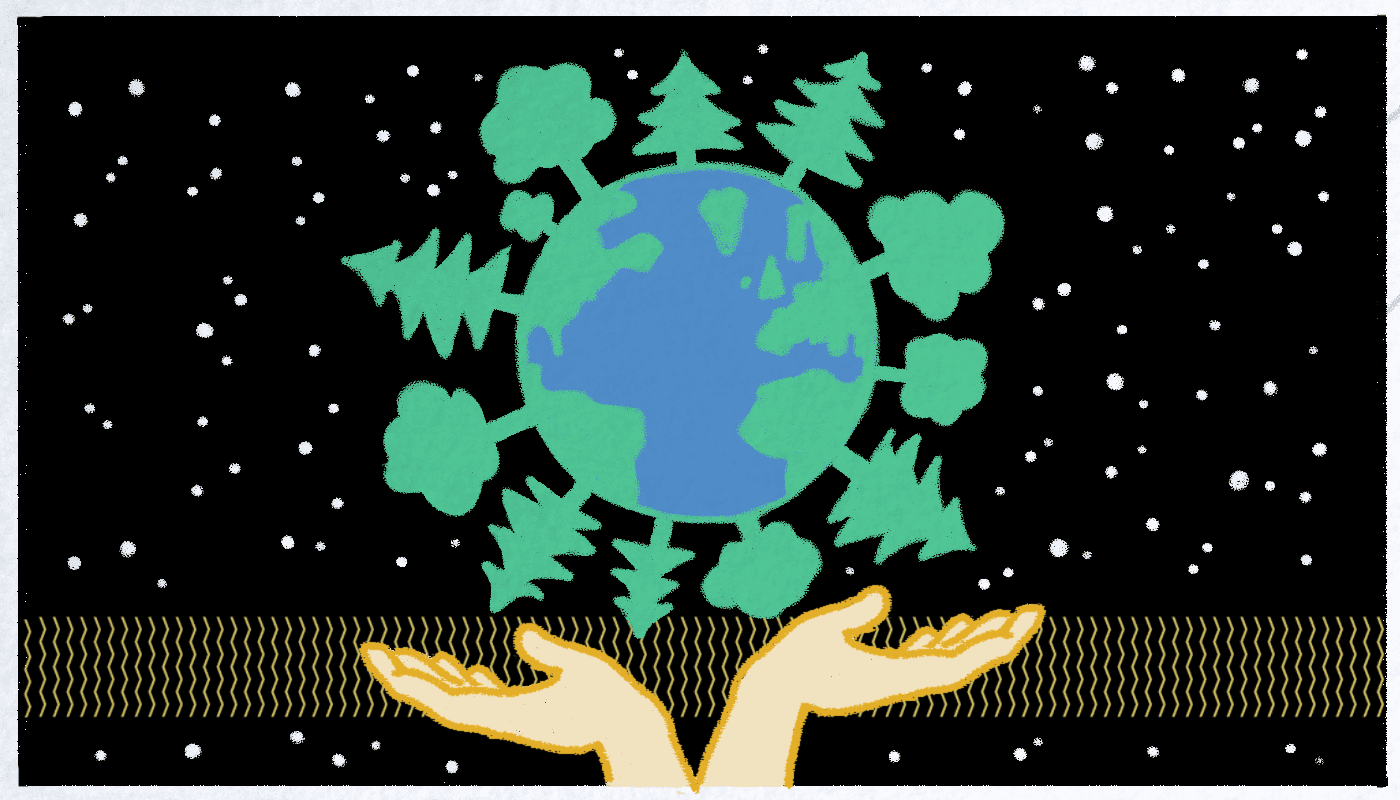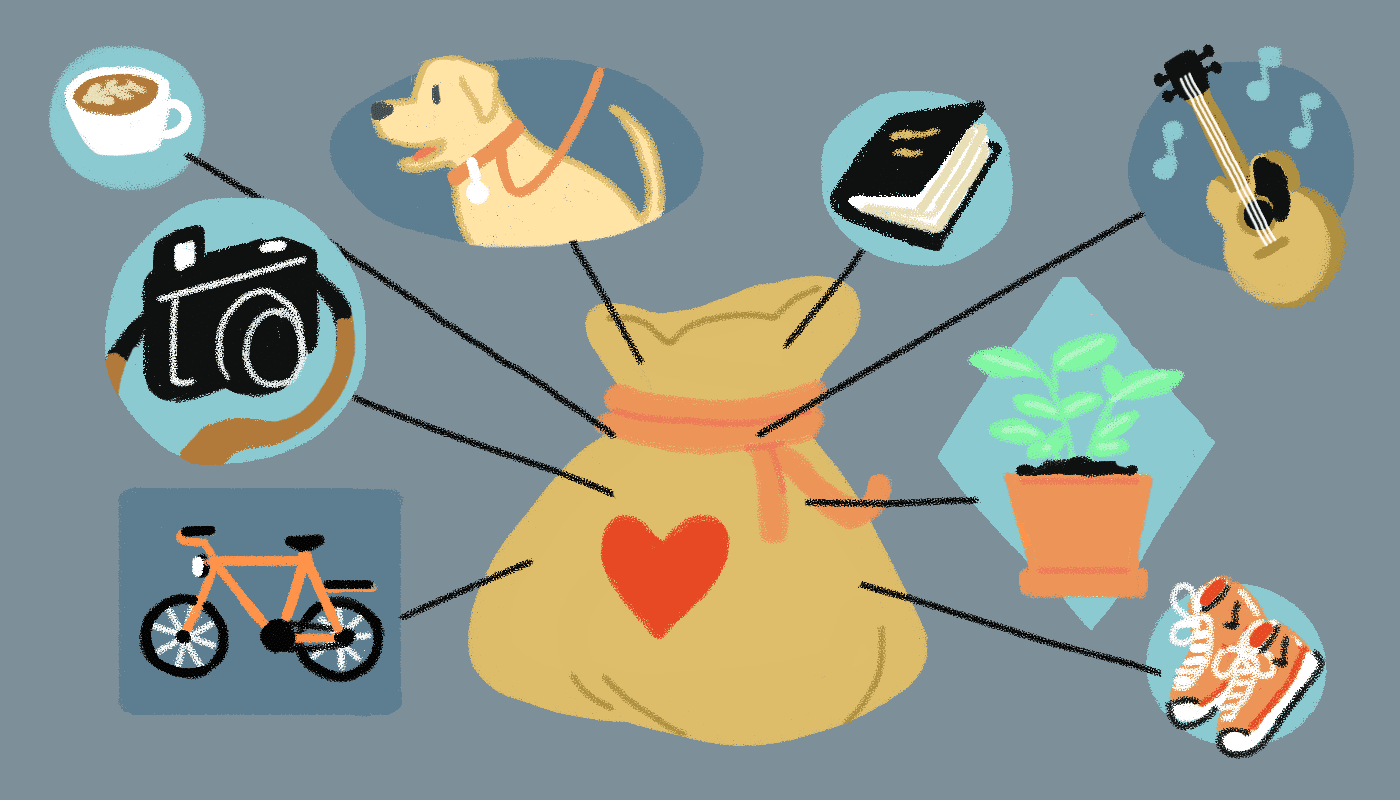The most important relationship and the one that will have the most significant impact on you is the one you have with yourself. All of the following a reflection of the relationship you have with yourself.
- Your relationships with others
- Response to circumstances and situations,
- Ability to face rejection and adversity
If this relationship is not solid, no accomplishment, amount of money, or hot girl/guy that will make a long-term difference in your life. As long as the relationship you have with yourself is dependent on external circumstances- you’ll suffer.
1. IMPROVE THE MOST IMPORTANT RELATIONSHIP IN YOUR LIFE WITH ENVIRONMENTS
The spaces we inhabit, people we interact with, and information we consume is are environments that impacts our lives. And they impact the relationship we have with ourselves. There are 9 environments that make up your life, and they are all interrelated. You can’t change one of them and not have it affect the others. One of the fastest ways to do that is to upgrade your physical environment.
While changing how we feel on the inside by changing something on the outside seems counterintuitive and contradictory to the idea of depending on something external. But, making micro changes to our physical environment can have a huge impact on us.
Physical Spaces
A couple of months ago I purchased a new desk. It turned out to be smaller than I thought it was. It got dirty easily, had to be propped up with furniture raisers and caused my room to feel incredibly cluttered. After about 6 weeks I noticed I hated working in my room. Right after I replaced it with another desk (pic below), the energy of my room changed. I liked being there again.
Changing the way you dress is another simple “hack” for changing the way you feel. Just think about what you feel like when you get dressed up for a hot date or special occasion. You don’t have to wear tuxedos and ball gowns every day. But, making a simple effort to look your best can also play a role in making you feel your best. I typically work from home. But, I make it a point to get dressed for work and I’m much more productive as a result.
Treat your environment as if you’re designing it for the most important relationship in your life.
Being deliberate about your 9 environments can completely change your life- yet most don’t even know they exist. The first step to fixing your environments is to know exactly where you stand. I’d recommend doing an audit of your 9 environments- sign up for my newsletter here and I’ll email it over to you immediately.
2. CHANGE YOUR HABITS
I’ve said before that all change begins with habit change. Writing 1000 words a day was the habit changed my life. It’s the keystone habit that created a massive ripple into every other area of my life. But you don’t even have to do something as ambitious as 1000 words a day.
- Try waking up earlier, or taking a different route to work.
- Read a book for 10 minutes when you wake up. If you read for 30 minutes a day you can read 100 books in a year.
In order for an internal identity shift to start taking place, something in your external world has to look different.
Change some behavior, even if it’s a minor one. If you keep making changes like this, you’ll become a version for yourself that the current version would barely recognize. The 29-year-old version of me is a very different version than the 39-year-old me.
3. BE SELFISH
Being selfish is often underrated. We adjust and accommodate in order to please. As a result, we resent people, and they resent us. If you’re not taking care of your own well being, it’s hard to put your best foot forward for others.
Act as the most important relationship in your life is the one with yourself. You show up as a better version of yourself everyone wins.
Prioritize Self-care:
This could be something as simple as getting a massage once. Maybe it’s hitting the gym for a hard workout or rewarding yourself with a delicious and healthy meal. When you prioritize self-care, it’s an affirmation of the value you place on yourself.
Reward Yourself
So often we get so caught up being more productive and efficient that we forget to reward ourselves for the things we’ve accomplished. After finishing a manuscript for a second book and multiple paid speaking engagements, I realized that I needed to reward myself in some way.
A couple of weeks ago I was sitting in a Starbucks, looking through my deck of Serenflipity cards. The one I pulled out said: “ask a stranger for a mantra.” When asked the guy sitting across from me he said the following.
When people aren’t happy in their lives, one of three things is out of balance.
- Someone to love
- Something to look forward to
- Something worthwhile to do
After that, I booked a trip to Colombia to visit my friend Mike, a plane ticket to Colorado and bought an all-access ski pass. If you don’t reward yourself for the work you’ve done, you’ll never have anything to look forward to.
So often, we make other people a more important priority than ourselves, thinking that we’re being selfless. But instead, we’re just showing up as half-assed bullshit versions of ourselves. While David Deida’s book may be called The Way of the Superior Man, what he says is applicable regardless of gender:
Your mission is your priority. Unless you know your mission and have aligned your life to it, your core will feel empty. Your presence in the world will be weakened, as will your presence with your intimate partner.
4. RECOGNIZE YOUR OWN VALUE
You have a limit to the amount of abuse you will accept, but no one in the whole world abuses you more than you abuse yourself. The limit of your self-abuse is the limit you will tolerate from other people. – Don Miguel Ruiz
The Impact of Neglecting Your Value
When the relationship you have with yourself isn’t solid you’ll tolerate toxic relationships with others. You’ll allow them to take you for granted, chase people who aren’t into you. And you’ll put up with people who don’t respect or value you when it would make far more sense to walk away.
My second girlfriend yelled and screamed at me constantly. She demanded expensive gifts and dinners that I couldn’t afford, and generally had me dancing on eggshells the whole time we dated. I had no boundaries. A person who had a healthy sense of self-esteem and self-worth would have never stayed in that situation. I didn’t see my own value and it’s honestly something I’m still working on.
Don’t be Afraid to Ask for Help
There are two ways you can attempt to solve a problem. The first is through trial and error. The other is to find someone who has already solved the problem and hire them. So, I hired Nick Notas to help me with my dating life. After all, there is a lifelong ROI to the work you do with coaches and mentors. Often out of ego we’re afraid to ask for help. But you can either protect your ego or do something to get the results you want.
While I’d been ruminating endlessly on rejections and failures, Nick helped me start to see my own worth in each of these situations. So often when something in our lives, particularly romantic relationships get derailed, we keep asking ourselves the question “what did I do wrong?.” We replay every scenario in our head, thinking if we’d said this or that differently, things might have turned out differently. But as Mark Manson so brilliantly said- it’s either fuck yes or no.
It shouldn’t necessarily become a reflection of our value. But, when our behavior causes a consistent result over and over, it’s worth questioning the behavior.
Feedback from in person is a perspective; feedback from two people is a pattern, but feedback from three or more people is likely as close to a fact as you can get. – Tasha Eurich
However, it’s also important that we don’t mix up “something is wrong with me” and “something is wrong with my behavior. Learn to take feedback without becoming too self critical about it. And as my friend Kamal Ravikant says, love yourself like your life depends on it.
5. SEE THE WORLD AS ABUNDANT AND DON’T SETTLE

Few things get in the way of valuing ourselves like scarcity. Anytime we see something as a finite resource, we not only cling to it, it brings out the worst in us. Seeing anything as a finite resource breeds a mindset of desperation. So often when we settle, we do so because we choose our first available option.
When you have options, you have contrast. When you have contrast, you have discernment. And when you have discernment you have better judgment. –
In life, we’re taught to be in constant pursuit of whatever it is we’re seeking. But how far has this really gotten us? When we’re in constant pursuit of what we’re seeking, we unknowingly chase it away. Now, this doesn’t mean you sit around and do nothing. It’s just about understanding the difference between scarce and abundant action.
Scarce vs abundant action
The funny thing about abundant action is that it requires less on your part. You have to do less, initiate less, act less. You stop chasing what you want and instead approach with ease, allowing it to come to you at its own pace. This can actually make us feel uneasy because it goes so counter to all of our social programming. We think that the notion that some action is better than no action always holds true. In some cases, we’re actually better off doing absolutely nothing and letting the situation unfold as it does.
When taking action out of our impatience, we’re actually taking action out of a scarcity mindset. We’re reinforcing lack rather than abundance. Try doing nothing about something that is producing a lot of uncertainty in your life. See what happens. It might surprise you.
Scarce action comes from a place of fear. And any action we take out of a fear of loss will carry that energy with it. Abundant action occurs from a place of trust and faith. Trust and faith raise our energy. Fear diminishes it. When taking scarce action, we ask 100 people what we should do. We run our lives by consensus which is usually recipe for disaster. We also say yes to things we kind of want or don’t want at all, and leave no space for what we do want. With abundant action, we can be vulnerable yet strong. We trust our own intuition and it allows us to have more of what we truly want.
So ask yourself- are you taking action reactively out of fear, or proactively from a place of trust and faith? Intentions matter.
6. SEE OBSTACLES AS OPPORTUNITIES

It’s inevitable that you will face obstacles and adversity. Shit will hit the fan. Things will fall apart. People will leave your life, sometimes when you are at your lowest point. But every obstacle can be turned into an opportunity. When you’re at rock bottom with nothing to lose, the only place to go is up.
Turn an Obstacle into an Opportunity
When I graduated from business school in April 2009, I was broke jobless, and completely demoralized. I moved back to my parent’s house. For about 2 weeks I sat around getting drunk and feeling sorry for myself. But I realized that I was wasting the most valuable asset at my disposal, time. I enrolled in an online course, started a blog, and planted the seeds for my eventual careers as an author and speaker.
If all you get out of an obstacle is feeling sorry for yourself, you’ve wasted a tremendous opportunity.
Zoom Out
Sometimes when we face adversity or obstacles, we tend to zoom in. As a result, things appear bigger than they are. We become completely consumed by them. When we zoom out, these obstacles lose their power over us.
- If you’ve been fired from a job, look at its significance over the course of 80 years. It won’t matter as much as seems like it does right now.
- Someone might have pissed you off, said something awful to you, or hurt you in some way. Remember that this moment is just a minuscule fraction of a lifetime.
As Ryan Holiday has said, altering your perspective can change everything.
So often we see failures, setbacks, and adversity as a reflection of our value. In her book Option B, Sheryl Sandberg says the following:
“We plant the seeds of resilience in the way we process negative events. After spending decades studying how people deal with setbacks, psychologist Martin Seligman found that three P’s can stunt recovery:
- Personalization- the belief that we are at fault;
- Pervasiveness -the belief that an event will affect all areas of our life; and
- Permanence-the belief that the aftershocks will last forever.
In these moments, it’s important to remember that your temporary circumstances are not your permanent identity. If you’re going to engage fully with life, you’re not going to get off this planet without a few wounds and scars. It’s up to you whether you choose to let them inform you or define you.
7. GRATITUDE
What makes someone truly wealthy is present state appreciation for what they currently have. If you don’t appreciate what you have now, you’ll never appreciate what you get later. – Tim Ferriss
So often we don’t appreciate many of the good things in our lives because we don’t give our conscious attention to them. Gratitude is an affirmation of abundance. It creates a profound energy shift in our lives. When we’re constantly focused on what’s missing from our lives, it’s an affirmation of scarcity. And all of the work done by happiness researchers and social scientists points to the fact that gratitude makes us much happier.
8. DIVERSIFY YOUR SOURCES OF MEANING AND HAPPINESS

A good portfolio manager would never put all of his client’s money into one stock. But when it comes to our sources of meaning, happiness, and self-worth this is exactly what we do.
So often we make one person, project, or goal the primary source of our meaning, self-worth, and motivation. When that one thing away from us our worth and identity get shattered. This is what often happens when Athletes experience a career-ending injury.
When I was a freshman in high school, my entire identity was defined by one goal, to make all-state band. Missing it by one chair was one of the most informative failures of my life. Looking back, I realize that my happiness was entirely dependent on circumstances meeting my expectations.
The fix is really simple. Have multiple sources of joy and self-esteem, what I referred to as a portfolio of meaning in my upcoming book. Part I surf, snowboard, and because then I’m not solely dependent on the success or failure of my creative work for my happiness. If you can derive meaning, joy, and happiness from multiple sources, you won’t get so easily derailed when things don’t go according to plan.
9. LEARN A NEW SKILL
Inevitably after some sort of setback,your confidence will be a bit shaken. It might be the end of a relationship, failure of a creative project, or financial challenge.
When I asked my mentor how I could regain my confidence, he told me to learn a new skill. Unfortunately, I didn’t follow his advice and wallowed in misery and self-pity for another 6 months and nearly ran Unmistakable Media into the ground. But looking back I realized why he said it. Anytime you learn a new skill, you have to start as a beginner again. But not only do you see yourself improve at something. You experience progress, and visible progress is one of the greatest motivators for our actions.
The relationship you have with yourself affects everything from your health to your work to your relationship with others. It’s the foundation for a rewarding and fulfilling life. Don’t neglect it because you’re afraid of what you’ll discover if you start peeling back the layers. Otherwise you’re neglecting the most important relationship in your life.
